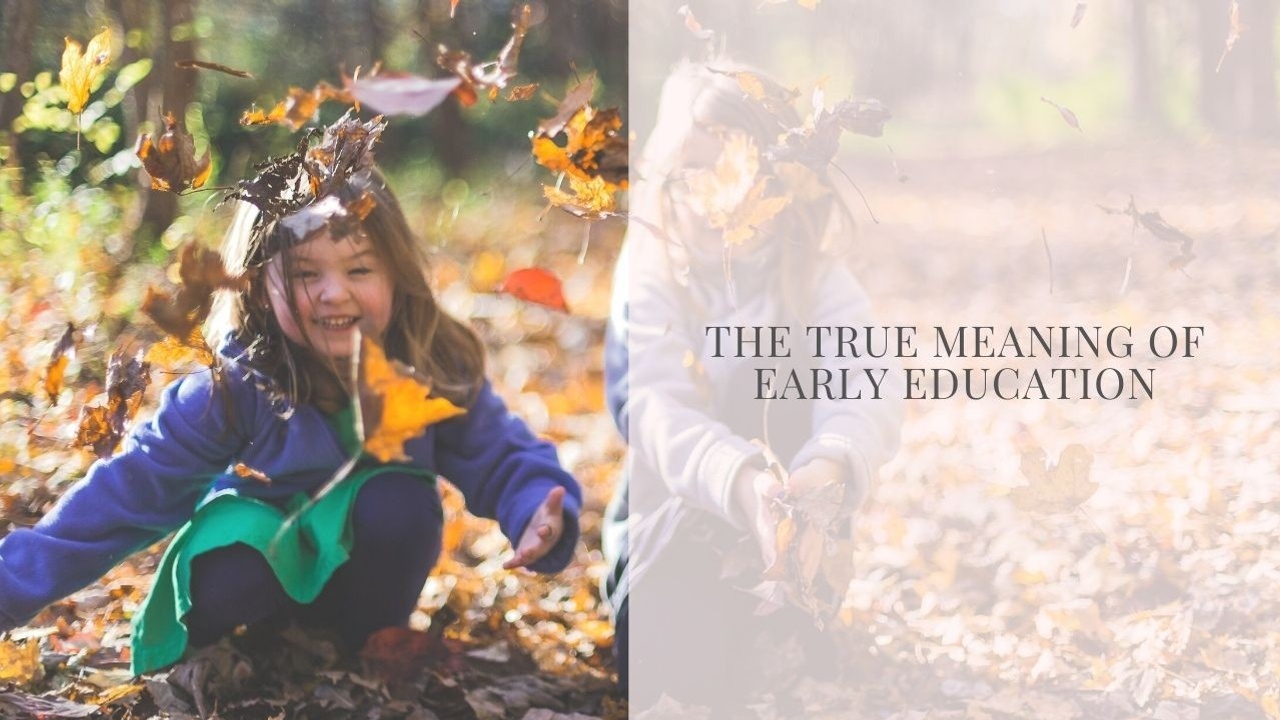
As we navigate the many changes that have occurred and are still occurring in the world as a result of Covid-19, and we’re all stressed, over-worked, and fearful of our futures, it got me thinking about JOY.
Because that’s what we all need right, is a little joy.
To feel carefree, be present in the moment rather than fearful of the future, and connect with what we love doing.
This got me thinking about the innocence of children and their carefree nature, and how for the most part, the children we have in our care both at work as educators or at home as parents, are relatively unscathed by the recent world events.
Sure, their lives have changed. They have had more time at home with their parents, but they aren’t worrying about their future. They continue to be engrossed in the magic of whatever they’re doing in the present moment.
Children have an innate ability to connect with what they’re doing and love doing it, regardless of their external environment.
This is the true meaning of play.
Their spirits are infectious – they see the world with intelligence, creativity and curiosity.
So, why as early childhood educators are there industry expectations that we should rush them out of this and onto the next stage?
Let me explain.
In a bid to ‘educate’ the children in our care we have recreated the school curriculum and it’s become our main focus.
By the time our children leave our early education nest and go on to kindergarten, we aim to ensure they know the alphabet, can read and write, basic math… the list goes on.
But there will plenty of time for that once they go to school. We’re trying to overload kids and it’s too much, too soon for them.
Our focus on education should be the education of human-to-human connection.
Specifically, we should be focussed on helping our children learn the skills they need to navigate the many challenges that await them at primary school when it comes to getting along with their peers, building relationships of trust and respect, and honouring themselves and others for their uniqueness.
The “too much, too soon” approach was recently discussed in research conducted by Cambridge University where they found that traditional schooling should be left until the age of 6-years.
Their findings indicated that we are wise to guide our young children first on managing conflict and cohesively existing with one another so they build the skills, confidence and resilience they need to operate in the world.
Let’s not take the word education in ‘early childhood education’ so clinically but rather, allow our joy to be what drives us and equally create space for our children to be children.
That is the true meaning of early education.

